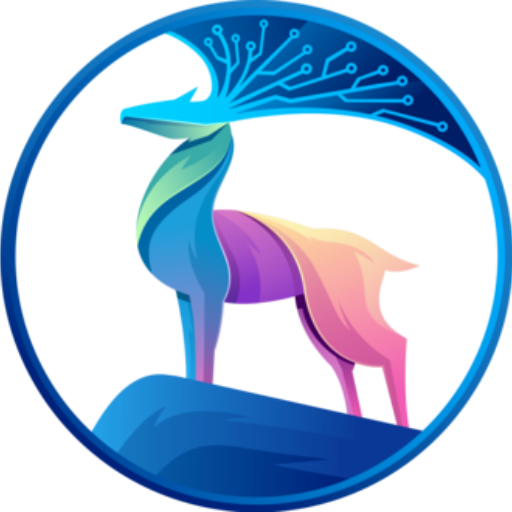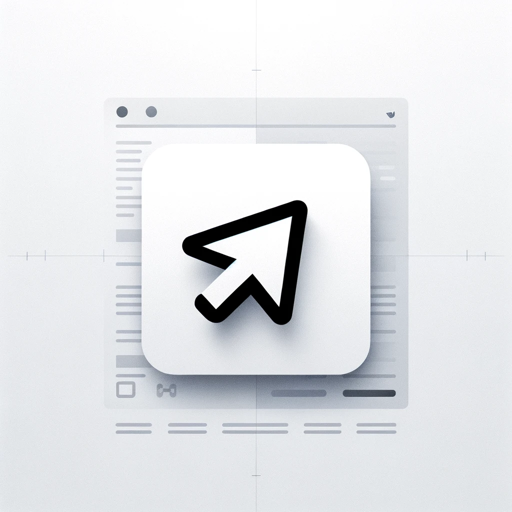IB English A Lang/Lit-IB English A Lang/Lit Guide
AI-powered tool for IB English.
Can you help me understand the theme of identity in 'The Great Gatsby'?
I'm struggling with text analysis. Could you provide a practice question?
How does context influence the interpretation of a literary work?
I need tips for writing a comparative essay on two poems. Can you assist?
Related Tools
Load More20.0 / 5 (200 votes)
Introduction to IB English A Lang/Lit
The IB English A: Language and Literature course is part of the International Baccalaureate (IB) Diploma Programme, designed for students aged 16 to 19. This course emphasizes the study of both language and literature, focusing on their practical and aesthetic dimensions. Students explore how language functions in communication, reflects experiences, and shapes the world, while also considering their roles as producers of language. For example, analyzing a novel might involve exploring its narrative techniques and cultural context, helping students understand how literary forms affect meaning.

Main Functions of IB English A Lang/Lit
Text Analysis
Example
Students perform guided textual analyses of unseen non-literary passages.
Scenario
In Paper 1, students analyze an unseen text to understand its stylistic features and the effects of these features on meaning.
Comparative Essays
Example
Writing comparative essays based on two literary works.
Scenario
In Paper 2, students compare two works studied in the course, examining themes, contexts, and authorial techniques to answer a specific question.
Oral Presentations
Example
Prepared oral responses on how literary and non-literary works approach common global issues.
Scenario
For the Individual Oral, students present their analysis of a global issue reflected in both a literary and a non-literary work, demonstrating their understanding and interpretive skills.
Ideal Users of IB English A Lang/Lit
High School Students
Students aged 16 to 19 who are pursuing the IB Diploma. These students benefit from the course's rigorous approach to critical thinking, analysis, and communication skills, preparing them for university-level studies.
IB Educators
Teachers and educators who specialize in IB courses. They use the course framework to guide students through the curriculum, ensuring they meet the assessment objectives and develop a deep understanding of language and literature.

Guidelines for Using IB English A Lang/Lit
1
Visit aichatonline.org for a free trial without login, also no need for ChatGPT Plus.
2
Ensure you have access to IB English A Lang/Lit syllabus and materials, including the course guide and prescribed texts.
3
Familiarize yourself with the course components: Readers, writers, and texts; Time and space; and Intertextuality: connecting texts.
4
Engage with a range of texts from different periods, styles, and cultures to develop your analytical and interpretive skills.
5
Participate in regular practice sessions and assessments to hone your skills in textual analysis, comparative essay writing, and oral presentations.
Try other advanced and practical GPTs
Surreal Anime VHS
AI-powered surreal retro anime creator.

Img2Img Variant
AI-powered tool for subtle image modifications

Document to LaTex
AI-powered document to LaTeX converter

Tradutor Inglês <-> Português Brasileiro
AI-powered translations between English and Brazilian Portuguese.
Resume Accelerator
AI-Powered Resume Enhancement

抖音爆款标题生成
AI-driven titles to boost Douyin views

Teleteg Search Engine
AI-powered search engine for specialized topics

富裕層のエリート子育てAI(世界の知育)
AI-Powered Global Parenting Support

CheapFlight Finder
AI-powered flight deals at your fingertips.

Real Estate Advisor Pro
AI-driven real estate solutions tailored to Korea

PaprikaGPT
AI-powered recipe digitization and organization

Portfolio Design Crit
AI-powered feedback to perfect your portfolio.

- Exam Preparation
- Critical Thinking
- Text Analysis
- Literary Study
- Oral Skills
Frequently Asked Questions about IB English A Lang/Lit
What is the focus of the IB English A Lang/Lit course?
The course focuses on the study of language and literature, exploring the complex nature of language, its role in communication, and its impact on the world. Students engage with various texts, developing skills in analysis, interpretation, and evaluation.
What are the main components of the IB English A Lang/Lit syllabus?
The syllabus is divided into three main components: Readers, writers, and texts; Time and space; and Intertextuality: connecting texts. Each component encourages a different aspect of textual engagement and analysis.
How is the IB English A Lang/Lit course assessed?
Assessment includes external exams (Paper 1: Guided textual analysis and Paper 2: Comparative essay), an internal oral assessment, and a Higher Level essay. Each component evaluates different skills and understanding.
What skills are developed in the IB English A Lang/Lit course?
Students develop skills in critical thinking, textual analysis, interpretation, evaluation, and effective communication. These skills are applied across various media and forms, enhancing both practical and aesthetic appreciation of texts.
How can students prepare effectively for the IB English A Lang/Lit exams?
Students should engage with a diverse range of texts, practice guided textual analysis, write comparative essays, and participate in oral presentations. Regular feedback from teachers and peers can also help improve performance.